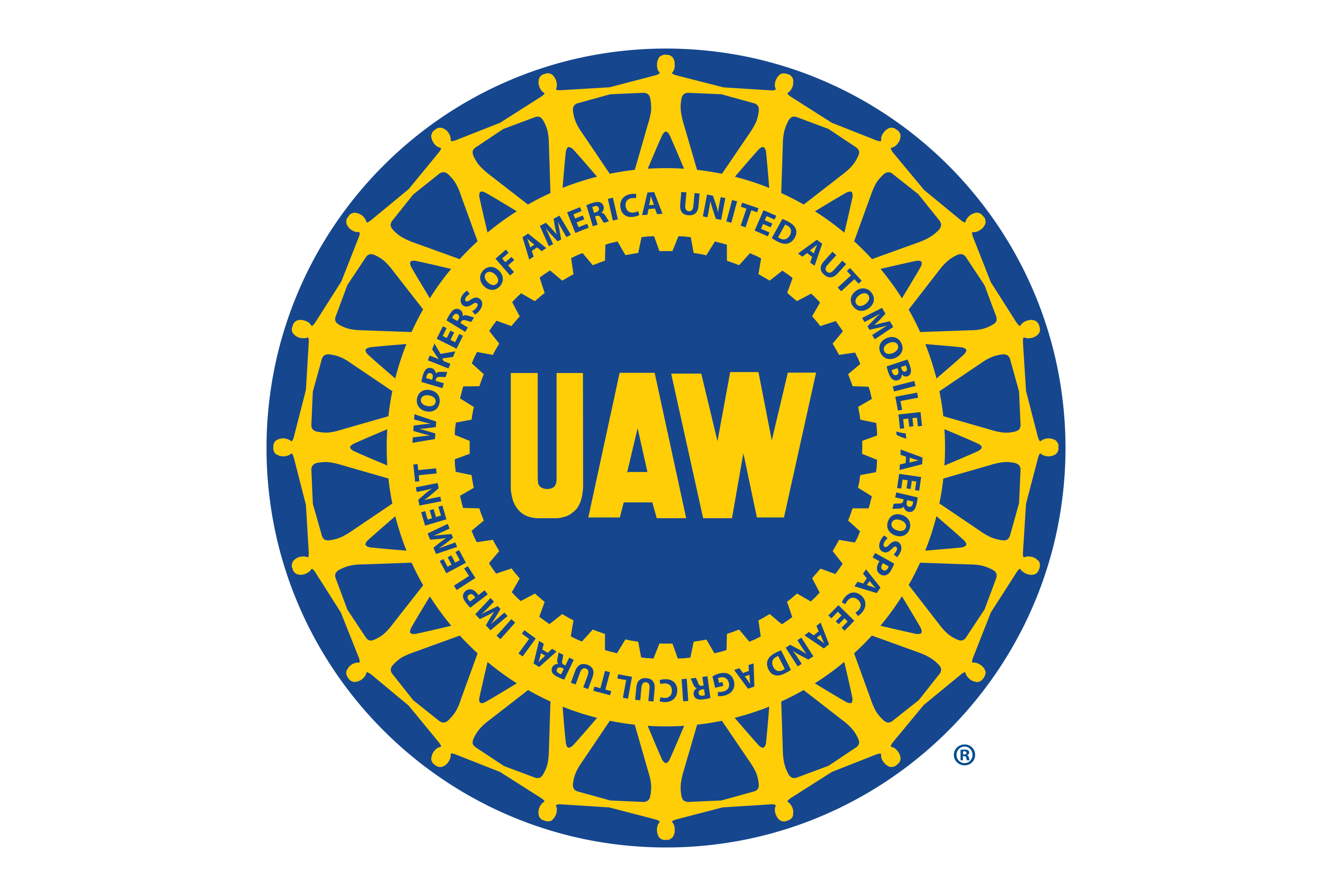Manufacturers/End Users
May 20, 2024
Mercedes workers in Alabama elect not to join UAW
Written by Ethan Bernard
Workers at a Mercedes plant in Alabama have voted against membership in the United Auto Workers (UAW) union.
Eligible workers at the Mercedes-Benz US plant in Vance, Ala., voted 56% (2,642 votes) “No” to 44% (2,045 votes) “Yes.” The secret ballot vote was overseen by the National Labor Relations Board (NLRB), Mercedes said on Friday.
In total, 4,687 valid votes were counted, representing 92% of eligible employees, according to the automaker.
“Our goal throughout this process was to ensure every eligible team member had the opportunity to participate in a fair election,” Mercedes said in a statement sent to SMU.
Responding to the vote, UAW president Shawn Fain said in a statement on Friday, “These courageous workers at Mercedes reached out to the UAW because they wanted justice. They led us. And they lead us. What happens next is up to them.”
He added: “This is a David and Goliath fight. Sometimes Goliath wins a battle. But David wins the war.”
Last month, the NLRB certified the results of Volkswagen workers’ election to join the UAW in Chattanooga, Tenn. These moves are part of the union’s strategy to unionize non-union auto workers in the US.







